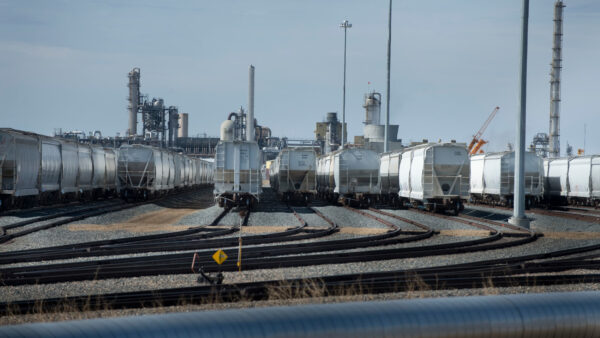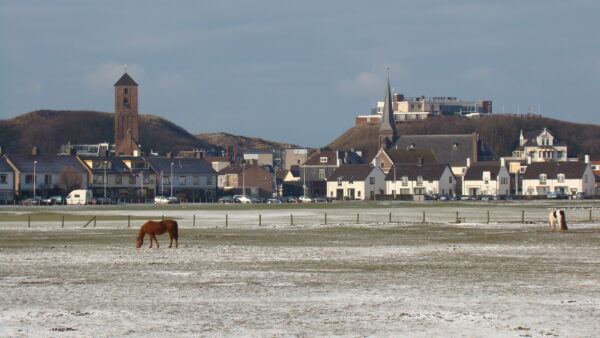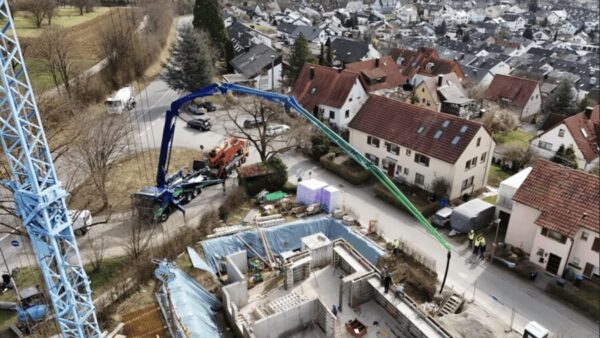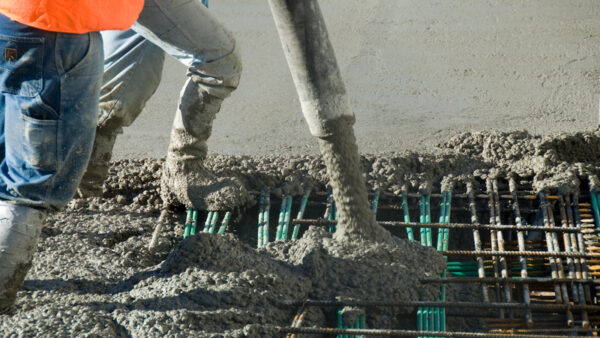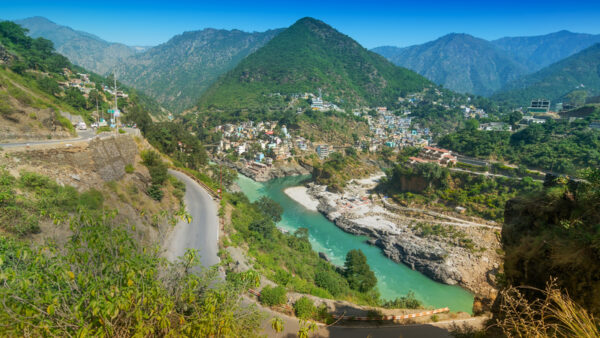The Japanese government has announced an agreement with the African Development Bank (AfDB) to help fund power plant construction and other energy-related infrastructure projects in Africa.
The government said it would donate the money to the AfDB to help tackle the issue of electricity shortages on the continent.
The money will be spent partly on projects that African countries can afford and which use indigenous resources. This means that much of the money will be spent on coal-fired power stations, however it will make use of Japan’s “sophisticated technology” to reduce their environmental impact.
This will include clean coal systems to cut the carbon emissions from such projects.
It will also target areas where there is potential for geothermal production, such as the Rift Valley.
Coal plants are the main source of electricity in many African countries, of which the most prominent up to now has been South Africa.
Up until now, Chinese companies have been prominent as funders and developers.
A new generation of coal stations is being built in Kenya at Manda Bay near the port city of Lamu following the signing of a $1.9bn agreement between Amu Power and China Power Global.
Using the latest supercritical technology, the 1GW plant is expected to boost Kenya’s generating capacity by 40%. The Kenyan government hopes work will start in June or July and that the plant will start producing electricity by 2019.
Another massive station is being built in Zimbabwe by China State Construction. When the Binga project is complete, it will produce up to 2GW, tripling Zimbabwe’s output
Image: The Binga plant in northern Matabeleland (PER Lusulu)
Further Reading:





